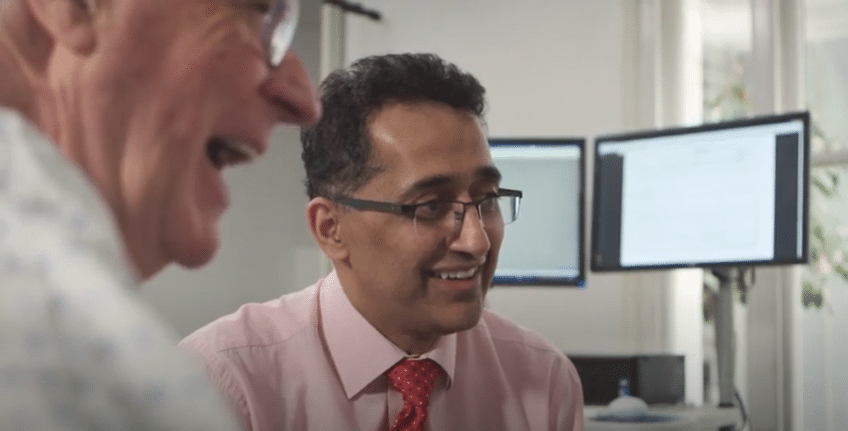
Our cardiologists are at the cutting edge of their fields of interest. They are active researchers and are asked to lecture locally and internationally. See below for a selection of their research:
Ahmad Y, Vendrik J, Eftekhari A, Howard JP, Cook C, Rajkumar C, Malik I, Mikhail G, Ruparelia N, Hadjiloizou N, Nijjer S, Al-Lamee R, Petraco R, Warisawa T, Wijntjens GWM, Koch KT, van de Hoef T, de Waard G, Echavarria-Pinto M, Frame A, Sutaria N, Kanaganayagam G, Ariff B, Anderson J, Chukwuemeka A, Fertleman M, Koul S, Iglesias JF, Francis D, Mayet J, et al.
Determining the Predominant Lesion in Patients With Severe Aortic Stenosis and Coronary Stenoses: A Multicenter Study Using Intracoronary Pressure and Flow.
Circ Cardiovasc Interv. 2019 Dec;12(12):e008263. doi: 10.1161/CIRCINTERVENTIONS.119.008263. Epub 2019 Nov 22.
Leong KMW, Ng FS, Jones S, Chow JJ, Qureshi N, Koa-Wing M, Linton NWF, Whinnett ZI, Lefroy DC, Davies DW, Lim PB, Peters NS, et al
Prevalence of spontaneous type I ECG pattern, syncope, and other risk markers in sudden cardiac arrest survivors with Brugada syndrome.
Pacing Clin Electrophysiol. 2019 Feb;42(2):257-264. doi: 10.1111/pace.13587. Epub 2019 Jan 6.
Thompson D, Mackay T, Matthews M, Edwards J, Peters NS, Connolly SB.
Metadata Correction: Direct Adherence Measurement Using an Ingestible Sensor Compared With Self-Reporting in High-Risk Cardiovascular Disease Patients Who Knew They Were Being Measured: Prospective Intervention.
JMIR Mhealth Uhealth. 2018 Apr 27;6(4):e13. doi: 10.2196/mhealth.8317.
Shun-Shin MJ, Leong KMW, Ng FS, Linton NWF, Whinnett ZI, Koa-Wing M, Qureshi N, Lefroy DC, Harding SE, Lim PB, Peters NS, et al.
Ventricular conduction stability test: a method to identify and quantify changes in whole heart activation patterns during physiological stress.
Europace. 2019 Sep 1;21(9):1422-1431. doi: 10.1093/europace/euz015.
Handa BS, Lawal S, Wright IJ, Li X, Cabello-García J, Mansfield C, Chowdhury RA, Peters NS, Ng FS.
Interventricular Differences in Action Potential Duration Restitution Contribute to Dissimilar Ventricular Rhythms in ex vivo Perfused Hearts.
Front Cardiovasc Med. 2019 Apr 3;6:34. doi: 10.3389/fcvm.2019.00034. eCollection 2019.
Sau A, Al-Aidarous S, Howard J, Shalhoub J, Sohaib A, Shun-Shin M, Novak PG, Leather R, Sterns LD, Lane C, Kanagaratnam P, Peters NS, et al
Optimum lesion set and predictors of outcome in persistent atrial fibrillation ablation: a meta-regression analysis.
Europace. 2019 Aug 1;21(8):1176-1184. doi: 10.1093/europace/euz108.

